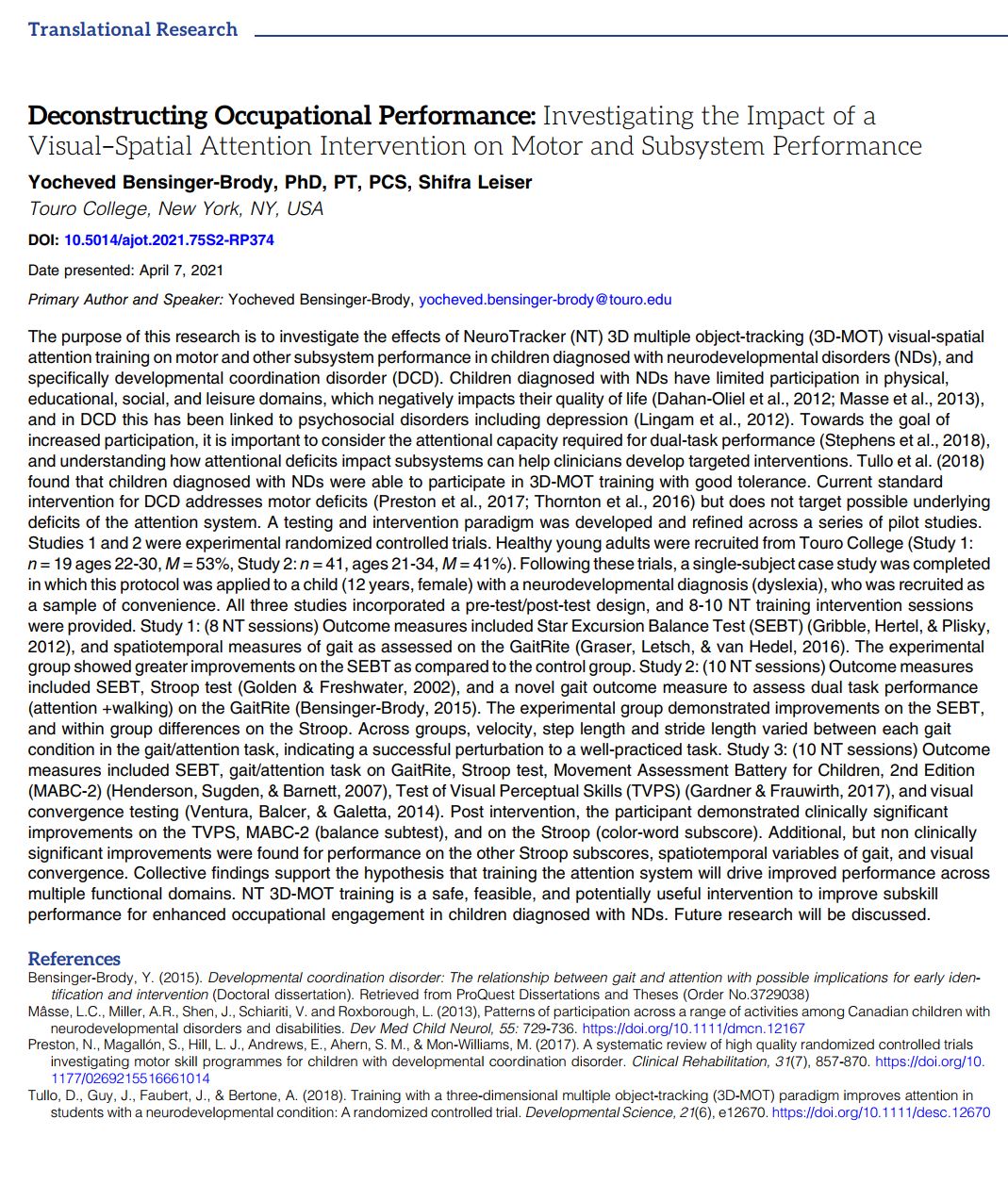Welcome to the Research and Strategy Services at in today's fast-paced.


In this blog I’m going to explore the concept of ‘threshold’ and why it’s crucial that we force ourselves to train and practice at the top reaches of our ability. I’ll also be explaining what it means to push our brains and bodies to the max, and how exploiting this can result in serious brain gains.
As a high-school student working at a supermarket checkout I prided myself on having the fastest items scanned per hour! Being a competitive athlete and gamer it was just another example of me wanting to be the best. My balance was always one of the most important factors to ensure I moved with grace and ease and yet also with speed and agility.
Now, 25 years later I still find myself working, training and practicing at threshold as it is where the growth occurs. I call it ‘The Growth Zone.’ In addition to stepping up to my personal thresholds I also guide my clients to practice being ‘on the brink.’ As a peak performance psychology coach I’m committed to increasing my own and my client’s thresholds of brain, breath, emotion, and the central nervous system performance. All important parts of the ‘performance brain’.

Let me explain with an example from working with football (soccer) clients for many years. I previously introduced the learning gains that can be achieved with NeuroTracker, the 3D multiple object tracking program used to measure a person’s “visual tracking speed.” The question, “how fast is my brain?” can be answered as the client tracks four yellow balls (targets) bounce, collide and pass by each other around a 3D screen while four identical yellow balls (distractors) share that space. See here for how it looks.
A person’s “visual tracking speed threshold” (VTS max) is computed by the NeuroTracker scoring algorithm as ‘the speed which the person can reliably keep track of all the targets for the duration of the trial.’ As a 2013 Nature article illustrated, professional athletes possessed a higher VTS max than amateur athletes in the NCAA system, while non-athletes showed a lower VTS max than both athlete groups.

A final and fascinating final piece worth also considering is the rate of increase as the professional athletes responded with more “brain gains” when compared to the amateur NCAA athletes and the non-athletes. The question, “how do I make my brain run faster?” now has a second answer. I hypothesize that professional athletes exercise their bodies more and as brain growth has been shown to be positively enhanced by the release of Brain Derived Neurotrophic Factor (BDNF) (called by Dr John Ratey ‘miracle grow for the brain’), it is the effect exercise has on the brain which causes faster adaptation and greater neuroplasticity.

https://www.amazon.com.au/Spark-Revolutionary-Science-Exercise-Brain/dp/0316113514
Now what happened to those soccer clients of mine after they’d doubled and sometimes tripled their VTS max? What happened mirrored the results from a 2015 study with soccer players from the University of Montreal. After training on NeuroTracker for five weeks, completing 30 sets of 20 reps (eight second duration)…


I worked with a local soccer team for two years (2014 and 2016). Each time I worked with them they made the finals of their league. It appeared the more players trained their VTS max, the further they went into the finals. See here the graphs showing the stats. Now of course you can question many variables which may have caused that. New players, other teams, new coaches, right?
The 2014–2015 was led by one coach and stable team (losing one key player though), and the 2016–2017 team was led by a different coach and stable team. This infers a sizable effect from improving VTS max as on field results (due to improved passing accuracy) resulted in real wins when compared between two coaches. Both coaches had seasons where they had athletes training and not training their VTS max with me, which by chance created the perfect experimental control group design.

How do we make our brains speed up? How can we stay focused for longer and perform better than ever? The answer - by training at our threshold and seeking to improve our maxes. Whether it’s max bench press, max breath hold or visual tracking speed max… when we step into the growth zone and face our thresholds our brains then become neuroplastic, create new connections, strengthen neural firing, and even become more energy efficient. The pathway to a better brain is by pushing it to it’s max!
About Rob Gronbeck

Interested to find out more about how NeuroTracker can improve your cognitive performance? Check my previous Expert Corner blog.
Boosting Your Brain’s Processing Capacity








Welcome to the Research and Strategy Services at in today's fast-paced.

Learn about Marc Van Loken's growing mission for brain health advocacy with Marvalous Health.

Understand the unique challenges of gifted ADHD kids and strategies to help them find balance.

Learn about two pioneering centers led by Dr. Kakavas that integrate neuroscience, biomechanics, and elite rehabilitation methods.
.png)